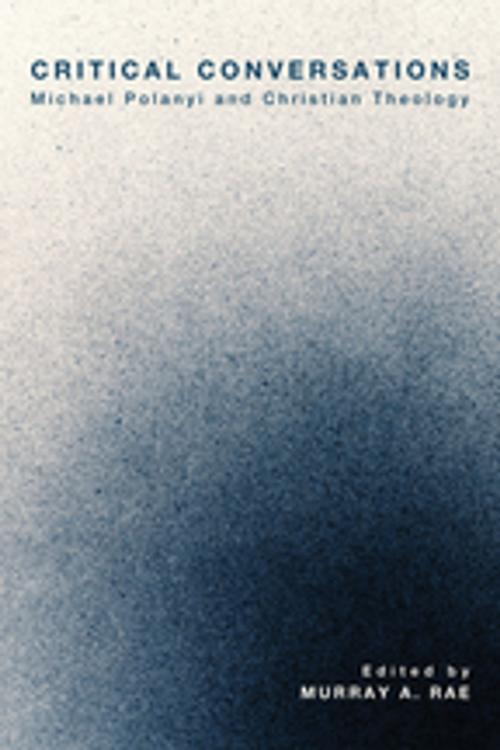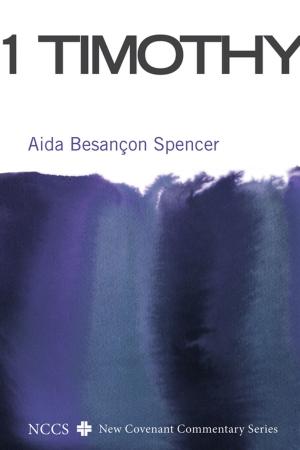| Author: | ISBN: | 9781621891505 | |
| Publisher: | Wipf and Stock Publishers | Publication: | January 18, 2012 |
| Imprint: | Pickwick Publications | Language: | English |
| Author: | |
| ISBN: | 9781621891505 |
| Publisher: | Wipf and Stock Publishers |
| Publication: | January 18, 2012 |
| Imprint: | Pickwick Publications |
| Language: | English |
Critical Conversations provides a series of theological engagements with the work of Michael Polanyi, one of the twentieth century's most profound philosophers of science. Polanyi's sustained explorations of the nature of human knowing open a range of questions and themes of profound importance for theology. He insists on the need to recover the categories of faith and belief in accounting for the way we know and points to the importance of tradition and the necessity sometimes of conversion in order to learn the truth of things. These themes are explored along with Polanyi's social and political thought, his anthropology, his hermeneutics, and his conception of truth. Several of the essays set Polanyi alongside the work of other thinkers, particularly Karl Barth, Lesslie Newbigin, Hans-Georg Gadamer, and Rene Girard, and they discuss points of comparison and contrast between the respective figures. While all the essays are appreciative of Polanyi's contribution, they do not shy away from critical analysis--and take further, therefore, the critical appreciation of Polanyi's work.
Critical Conversations provides a series of theological engagements with the work of Michael Polanyi, one of the twentieth century's most profound philosophers of science. Polanyi's sustained explorations of the nature of human knowing open a range of questions and themes of profound importance for theology. He insists on the need to recover the categories of faith and belief in accounting for the way we know and points to the importance of tradition and the necessity sometimes of conversion in order to learn the truth of things. These themes are explored along with Polanyi's social and political thought, his anthropology, his hermeneutics, and his conception of truth. Several of the essays set Polanyi alongside the work of other thinkers, particularly Karl Barth, Lesslie Newbigin, Hans-Georg Gadamer, and Rene Girard, and they discuss points of comparison and contrast between the respective figures. While all the essays are appreciative of Polanyi's contribution, they do not shy away from critical analysis--and take further, therefore, the critical appreciation of Polanyi's work.















